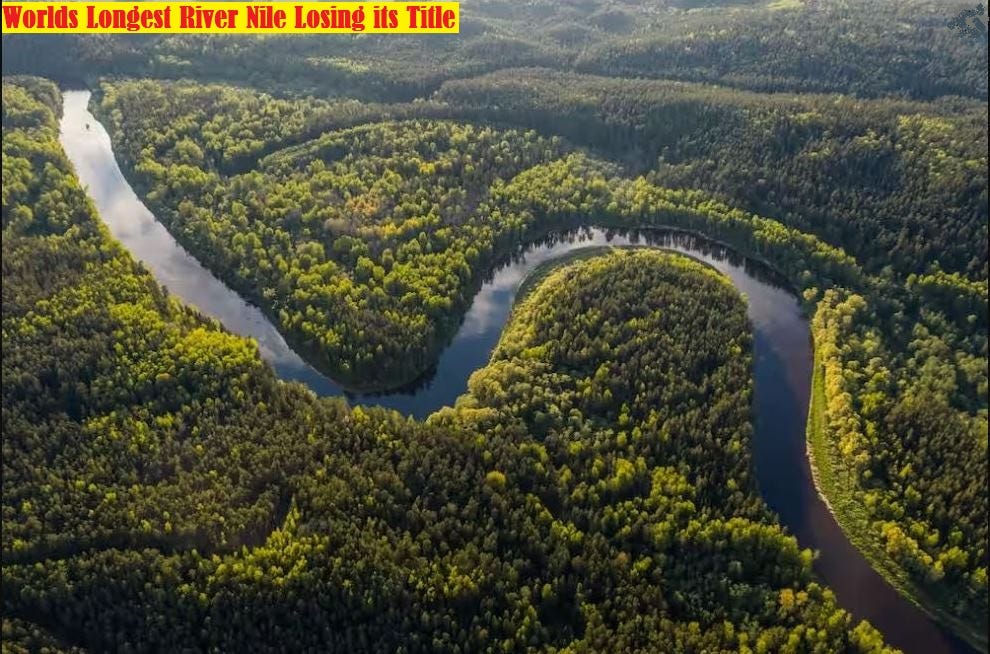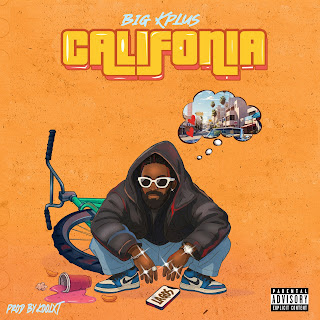The Longest River in the World – The Nile

The Longest River in the World – The Nile

The Longest River in the World – The Nile
The Nile, renowned as the longest river in the world, is a vital artery that has sustained civilizations for thousands of years. Stretching approximately 6,650 kilometers (4,130 miles), the Nile flows northward through northeastern Africa, traversing eleven countries before emptying into the Mediterranean Sea. Its rich history, cultural significance, and ecological importance make the Nile a fascinating subject of study.
The Nile River has two major tributaries: the White Nile and the Blue Nile. The White Nile, considered the primary stream, originates from Lake Victoria in Uganda, while the Blue Nile begins at Lake Tana in Ethiopia. These two rivers converge at Khartoum, the capital of Sudan, and continue their journey northward as a single river through Egypt to the Mediterranean Sea.
The Nile has played a pivotal role in the development of ancient civilizations, particularly Ancient Egypt. The river’s annual flooding deposited nutrient-rich silt onto the surrounding land, creating fertile soil ideal for agriculture. This natural irrigation supported the growth of crops, enabling the establishment of complex societies and monumental structures, such as the pyramids.
Throughout history, the Nile has been a crucial trade route, facilitating the exchange of goods and ideas between Africa and the Mediterranean world. The river’s strategic importance has made it a focal point of various empires and kingdoms over the centuries.
The Nile holds immense cultural and spiritual significance for the people who live along its banks. In Ancient Egyptian mythology, the river was considered a divine gift, personified by the god Hapi, who symbolized fertility and abundance. The Nile’s cycles of flooding and recession were intricately linked to the agricultural calendar, influencing religious practices and festivals.
Modern-day communities continue to rely on the Nile for their livelihoods. Fishing, farming, and transportation are integral to the economies of the Nile Basin countries. Additionally, the river remains a source of inspiration for artists, writers, and musicians, reflecting its enduring legacy in human culture.
The Nile supports a diverse ecosystem, home to a wide variety of flora and fauna. Its waters provide habitat for numerous species of fish, birds, and other wildlife. The river’s floodplains and wetlands are crucial for maintaining biodiversity and supporting local livelihoods.
However, the Nile faces significant environmental challenges, including pollution, climate change, and the pressures of population growth. Efforts to manage and preserve the river’s health are vital to ensuring its sustainability for future generations.
The Nile is more than just the longest river in the world; it is a lifeline that has nurtured civilizations, shaped cultures, and supported ecosystems for millennia. Its majestic journey from the heart of Africa to the Mediterranean Sea continues to captivate and inspire, underscoring the timeless bond between nature and humanity. As we move forward, it is essential to recognize the Nile’s profound importance and work collectively to protect and cherish this magnificent river.
Do you find Tmaq Media useful? Click here to give us five stars rating!



















